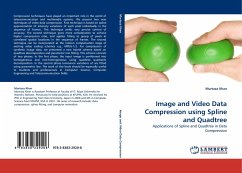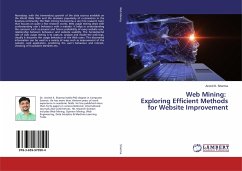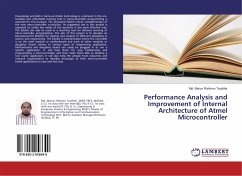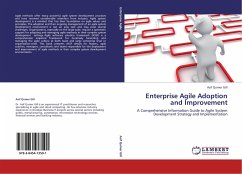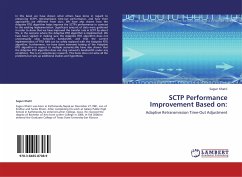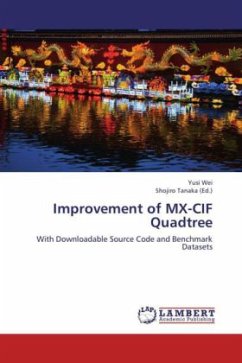
Improvement of MX-CIF Quadtree
With Downloadable Source Code and Benchmark Datasets
Herausgegeben: Tanaka, Shojiro
Versandkostenfrei!
Versandfertig in 6-10 Tagen
22,99 €
inkl. MwSt.

PAYBACK Punkte
11 °P sammeln!
When performing a search with MX-CIF quadtree, all the objects in the nodes which intersect a search-window will be taken as primary results, and then relations between the primary results and search-window are judged by an exact query. The amount of primary results is an important factor to affect time cost of query. This monograph inspected the advantages and drawbacks of the original MX-CIF quadtree compared with other structures, and proposed an improved MX-CIF quadtree which reduces the time cost of query by decreasing the number of the primary results in planar environment. The performan...
When performing a search with MX-CIF quadtree, all the objects in the nodes which intersect a search-window will be taken as primary results, and then relations between the primary results and search-window are judged by an exact query. The amount of primary results is an important factor to affect time cost of query. This monograph inspected the advantages and drawbacks of the original MX-CIF quadtree compared with other structures, and proposed an improved MX-CIF quadtree which reduces the time cost of query by decreasing the number of the primary results in planar environment. The performance between MX-CIF quadtree and our structure in the ways of index, update, query, and memory usage are compared by benchmark tests. All the programs and datasets of the experiments proposed in this book are disclosed on our website, which also encompasses MyEclipse workspace for practical further developments of your own in easy reproduction. We believe this monograph will be your practical concise companion handbook with respect to spatial indexing in dynamic environments.



